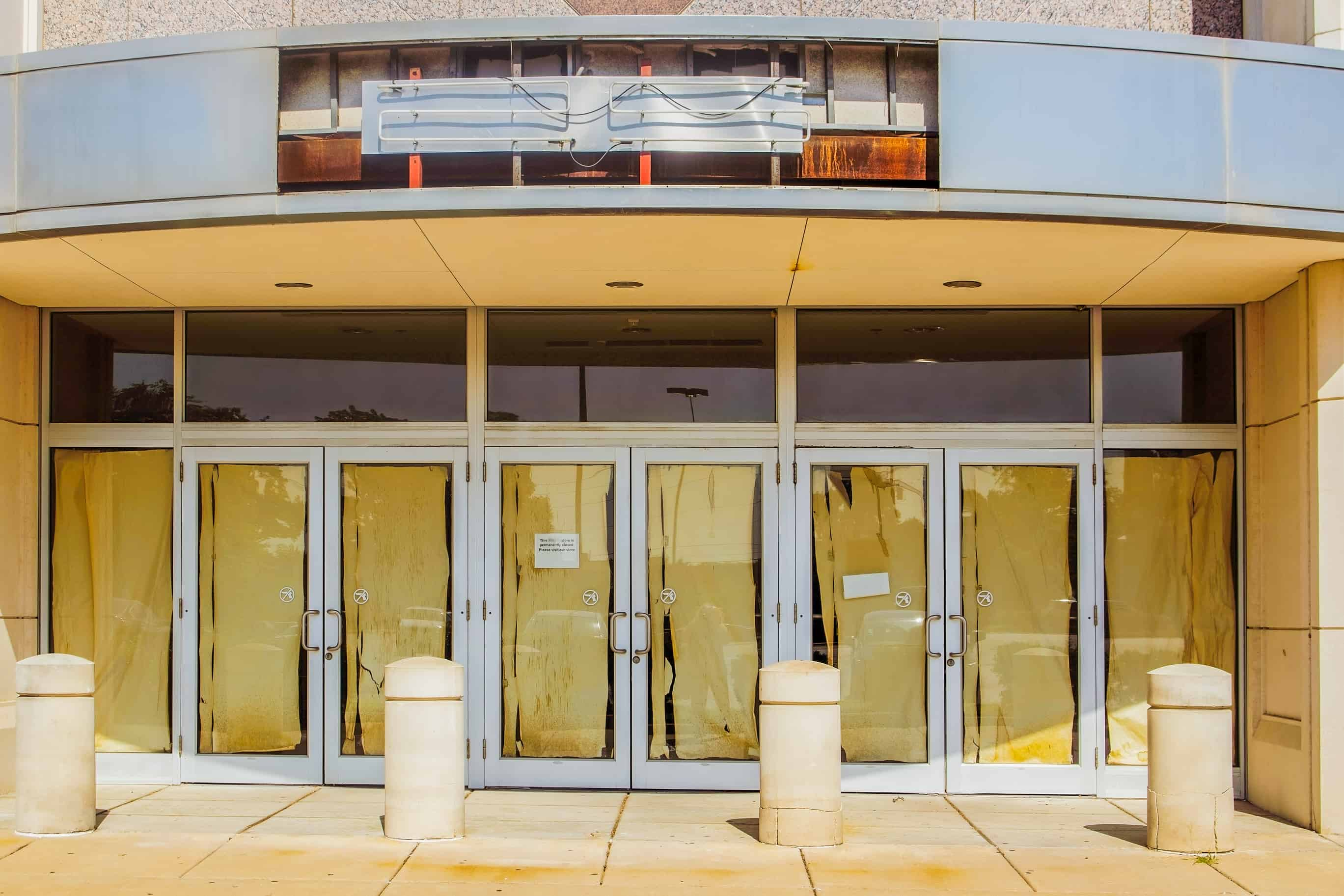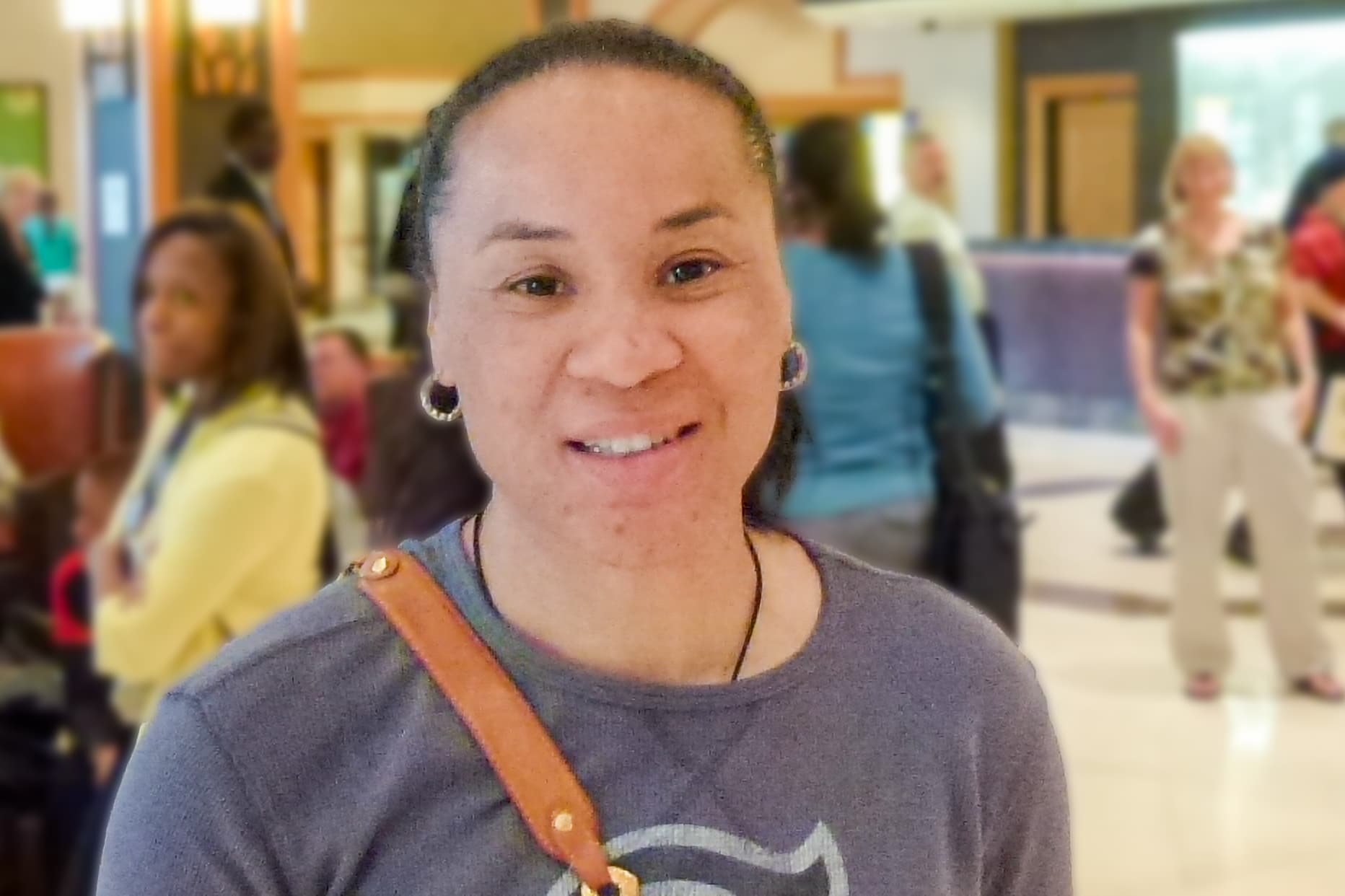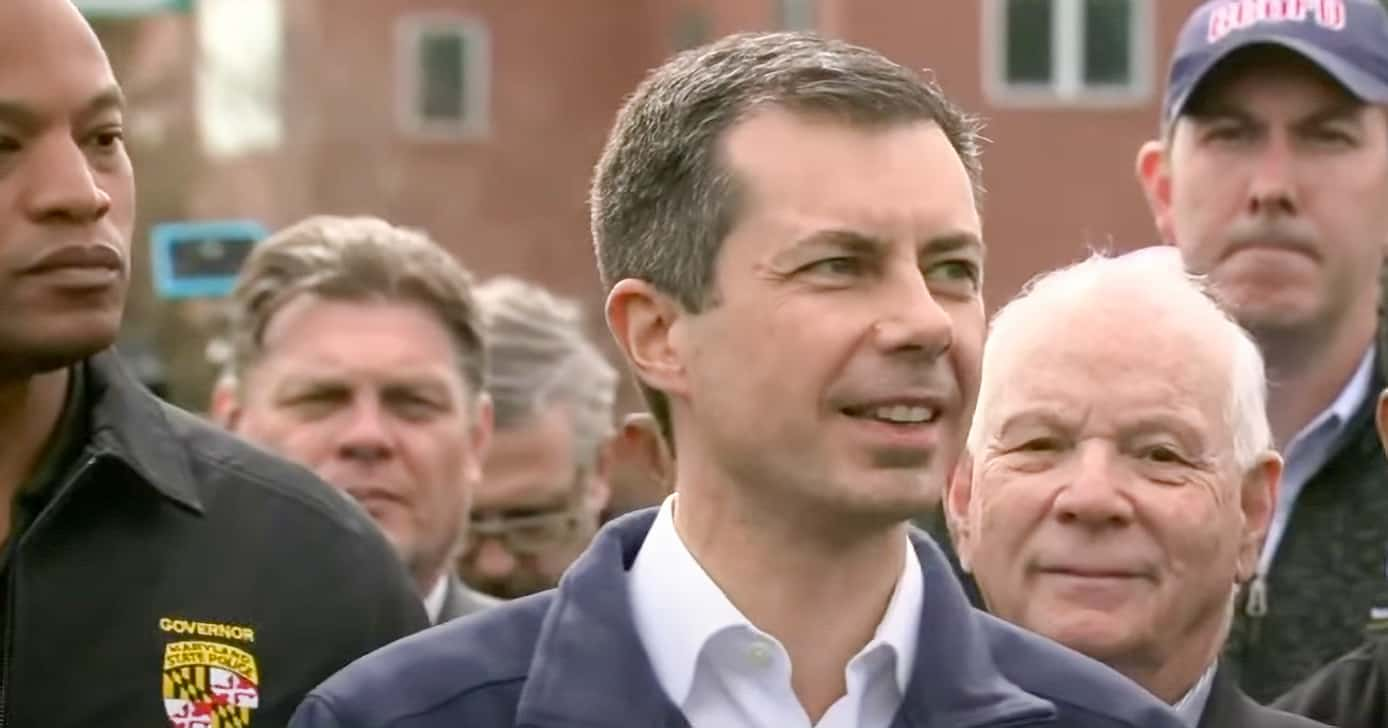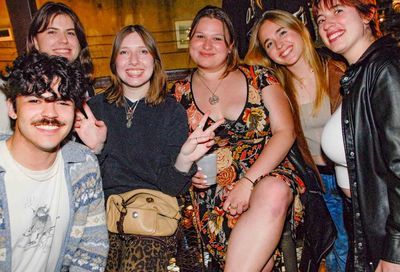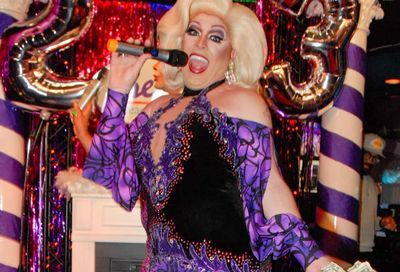D.C. and Maryland LGBTQ candidates largely fall short in primary elections
Pennsylvania State Rep. Brian Sims trails challenger in Democratic primary

Local LGBTQ candidates largely fell short in their bids for office on Tuesday, with two of three openly gay D.C. Council candidates and three local Maryland challengers losing their races.
In the District, John Fanning, an openly gay ANC commissioner, came in fifth out of eight candidates in the Ward 2 Council Democratic primary, with 6% of the vote. He finished behind Brooke Pinto, who is currently leading with 28% of the vote; Patrick Kennedy, who has 26% of the vote; Jordan Grossman, who has 20% of the vote, but is only 600 votes behind Pinto, with a few thousand absentee ballots yet to be counted; and fellow ANC Commissioner Kishan Putta, who received 9% of the vote.
In Ward 7, challenger Anthony Lorenzo Green came in fourth, with 12% of the vote, while incumbent Councilmember Vincent Gray, an LGBTQ ally, came in first with 46% of the Democratic primary vote.
In local races where no LGBTQ candidates were running, Janeese Lewis George unseated incumbent Brandon Todd, an ally of Mayor Muriel Bowser, in Ward 4, while incumbent Councilmember Trayon White (D-Ward 8) was comfortably re-elected.
In the rare bit of bright news for local LGBTQ candidates, Joe Bishop-Henchman, seeking one of two At-Large seats on the Council, won the Libertarian nod, meaning he’ll appear on the ballot and have a chance to compete for the seat being vacated by Councilmember David Grosso (I-At-Large). Robert White, who ran uncontested for the Democratic nomination, is expected to win the first of the two seats outright in November, due to the District’s partisan makeup.
In Hagerstown, Andi Overton, a candidate for mayor, came in third in a nonpartisan race. In Baltimore City, two other openly gay candidates fell short in the Democratic primary, with Phillip Westry coming in second in District 12 with 33% of the vote, and Akil Patterson coming in third in District 13 with 10% of the vote.
In other states with primaries, LGBTQ candidates fared slightly better. In Montana, Bryce Bennett, an openly LGBTQ candidate, will be the Democratic nominee for Secretary of State.
In Iowa, incumbent Black Hawk County Supervisor Chris Schwartz and State Rep. Liz Bennett won their primaries, and will now head to the general election. Also in Iowa, longtime anti-LGBTQ U.S. Rep. Steve King was defeated in his Republican primary — although Republican nominee Randy Feenstra is no friend to the LGBTQ community, either.
See also: Number of LGBTQ candidates who sought office in 2018 was larger than previously estimated
In Indiana, Ashley Klein won 71% of the Democratic primary vote, earning the party’s nomination for the House of Representatives District 39 seat currently held by State Rep. Jerry Torr (R-Carmel). But Garrett Blad, another LGBTQ candidate, lost his primary, coming in second with 39% of the vote, behind Maureen Bauer, who earned 44% in the race for the seat currently held by her father, State Rep. B. Patrick Bauer (D-South Bend).
Perhaps the biggest primary win last night was Pat Hackett, who won the Democratic nomination to take on anti-LGBTQ U.S. Rep. Jackie Walorski (R-Ind.) in a district anchored in South Bend and north-central Indiana. Hackett’s victory was celebrated by the LGBTQ Victory Fund. While Walorski is favored, if Hackett were to win the general election, she would become the first openly LGBTQ person elected to Congress from the Hoosier State.
“Pat’s victory sets up a general election battle between a solutions-oriented candidate aiming to unite her district in a time of crisis and an opponent who uses the politics of bigotry to further divide Americans,” Annise Parker, the president and CEO of LGBTQ Victory Fund, said in a statement. “Even as the pandemic ravaged Indiana and the country, Walorski failed to put aside partisan politics and instead waged war against a woman’s right to choose. Voters now have an opportunity to reject a divisive and destructive politician and instead elect a leader who will represent all her constituents.”

In New Mexico, Leo Jaramillo won his Democratic primary against an anti-abortion Democratic incumbent in the District 5 State Senate race, while challenger Carrie Hamblen was leading another anti-abortion Democratic incumbent by five percentage points in the District 38 race. Incumbent State Sen. Elizabeth Stefanics won her primary, as expected, meaning LGBTQ representation in the upper chamber could triple come November.
In the New Mexico State House of Representatives, Roger Montoya won his primary for the District 40 House seat. If elected, he would become the first out LGBTQ member of the lower chamber.
In New Mexico’s Santa Fe-based 1st Judicial District, Mary Carmack-Altwies currently leads her Democratic opponent by a two-to-one margin, although additional absentee ballots have not yet been tabulated.
But there were also some setbacks in the Land of Enchantment. In the open District 20 State Senate race, Rebecca “Puck” Stair, another LGBTQ candidate, was 2% behind Democrat Martin Hickey, with 90% of the vote reported. In the race for New Mexico’s 3rd Congressional District, openly LGBTQ candidate John Blair came in sixth, well behind Democratic nominee Theresa Leger Fernandez, who won 41% of the vote to former CIA officer Valerie Plame’s 24%.
In Pennsylvania, Brett Burman lost his primary to John Kane for the District 9 State Senate seat. In the House of Representatives, incumbent State Rep. Malcolm Kenyatta (D-Philadelphia) was unopposed in his race. But incumbent Rep. Brian Sims (D-Philadelphia) was trailing challenger Marisa Shaaban, who leads 52% to 48% with 89% of precincts reporting.

In the western part of the state, Dan Smith won the party’s nomination to take on the vehemently anti-gay State Rep. Daryl Metcalfe in a heavily Republican district. And Jessica Benham, who is bisexual, had opened up a 10-point lead over her nearest challenger for an open Democratic seat in the Pittsburgh suburbs, with 33% of precincts reporting.
All of the candidates, with the exception of those running in D.C., were among 68 LGBTQ Victory Fund endorsees who are running in primaries in various states this month. The organization, which is dedicated to electing out LGBTQ people to office, had hoped to increase representation, building on the 2018 and 2019 cycles, where LGBTQ candidates picked up several state legislative and local seats in what many called a “Rainbow Wave.”
“This Pride Month we have extraordinary opportunities to make political history and dramatically increase our representation in government — with more LGBTQ candidates on the ballot than ever before,” Annise Parker, the organization’s CEO and president, said in a statement. “It comes at a time when twin crises are tearing at our nation and true leadership is desperately needed. LGBTQ candidates are more diverse than candidates at-large and our lives and experiences make us stronger and more compassionate leaders.
“Right now, we are seeing LGBTQ elected officials at work — taking a leading role in addressing both the pandemic and the racism that led to the killings of George Floyd and so many others,” Parker added. “This Pride Month must be celebrated with purpose, renewing our demands for equality and justice for all people and electing to office the leaders committed to securing it.”
Read more:
White mob attacks protesters in Philadelphia while screaming about “faggot energy”
Activists mark International Sex Workers Day by reiterating call for decriminalization in DC
100+ LGBTQ organizations condemn racism, racial violence, and police brutality
Support Metro Weekly’s Journalism
These are challenging times for news organizations. And yet it’s crucial we stay active and provide vital resources and information to both our local readers and the world. So won’t you please take a moment and consider supporting Metro Weekly with a membership? For as little as $5 a month, you can help ensure Metro Weekly magazine and MetroWeekly.com remain free, viable resources as we provide the best, most diverse, culturally-resonant LGBTQ coverage in both the D.C. region and around the world. Memberships come with exclusive perks and discounts, your own personal digital delivery of each week’s magazine (and an archive), access to our Member's Lounge when it launches this fall, and exclusive members-only items like Metro Weekly Membership Mugs and Tote Bags! Check out all our membership levels here and please join us today!




